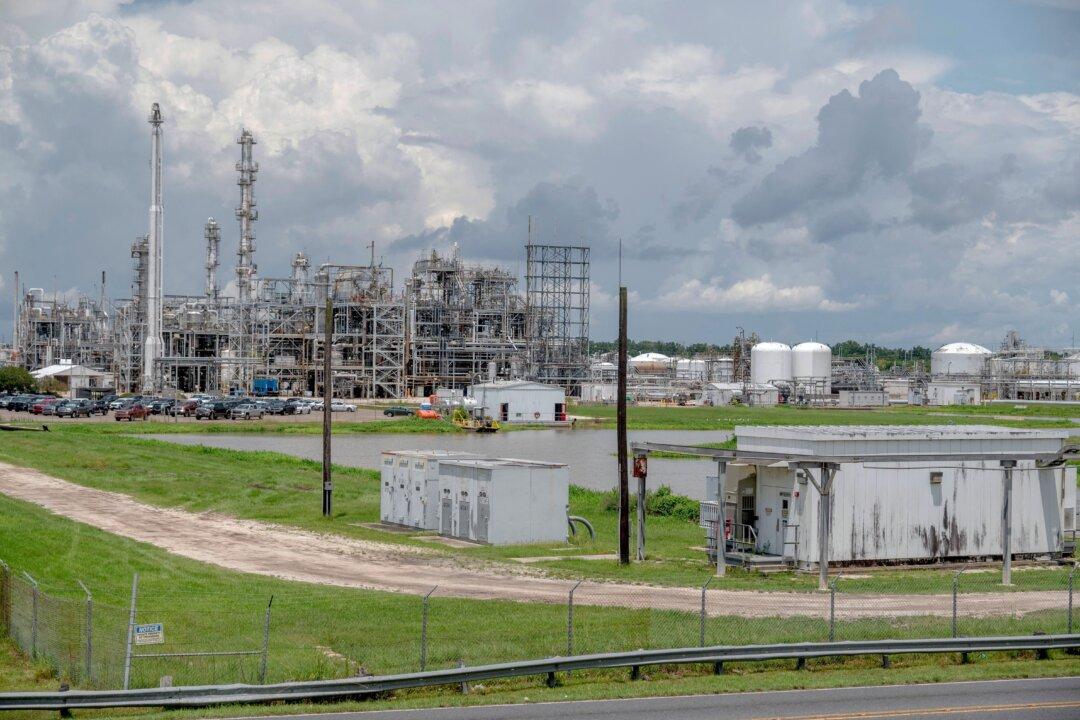A U.S. appeals court on July 31 granted Louisiana company Denka Performance Elastomer’s request to stay the Environmental Protection Agency’s (EPA) 90-day compliance deadline for its chloroprene emission rules, upholding the state’s extension of time for Denka to comply with the regulations.
The U.S. Fifth Circuit Court of Appeals ruled that Denka can continue operating its manufacturing facility in LaPlace, Louisiana, with the state Department of Environmental Quality’s (DEQ) approval to give the company until 2026 to meet EPA rules. The court did not explain its decision.





